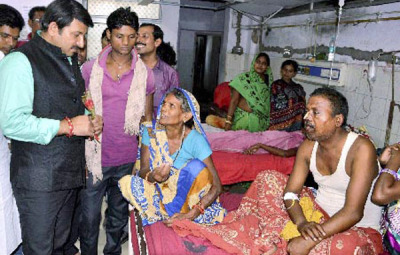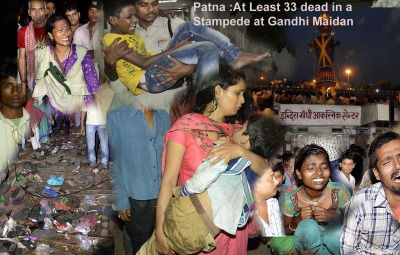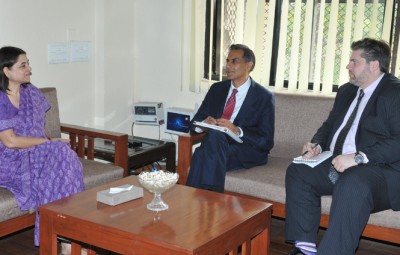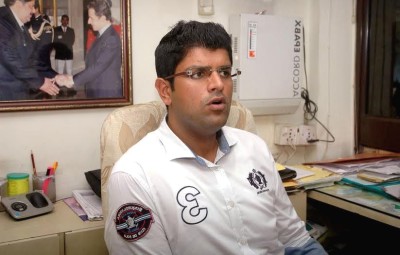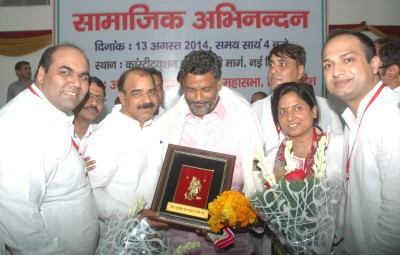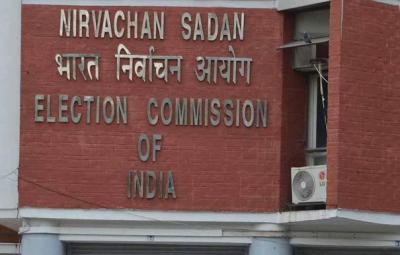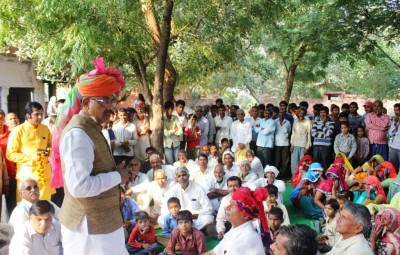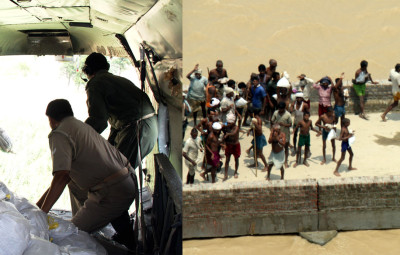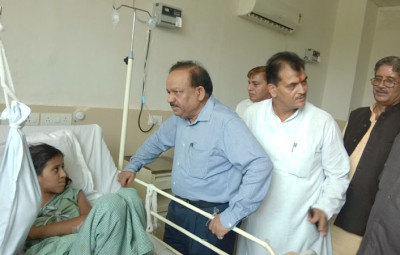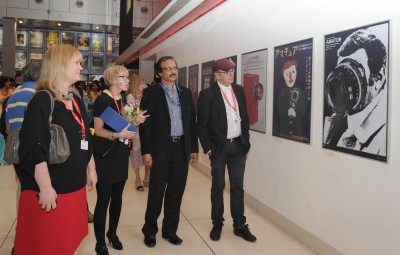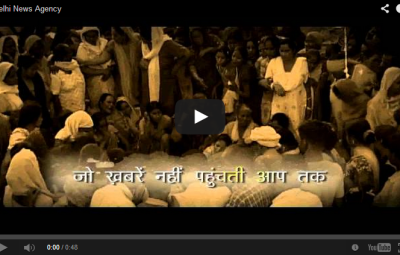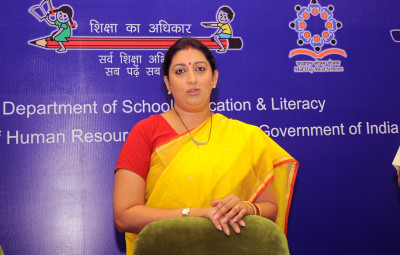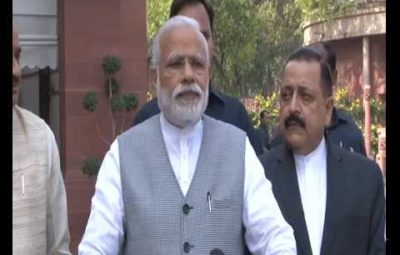New Delhi :- India has only 3 percent of the world’s land resources and 5 percent of water resources. Yet, Indian agriculture system supports 18 percent of the world population. The transformation from a state of “ship-to-mouth” to a leading exporter of food grains has been made possible largely due to the scientific developments in premier institutes like IARI. This Institute has made significant contributions in ushering the green revolution and building a vibrant agriculture sector in our country. I applaud IARI for its dedicated service to the nation. IARI has recently developed several breakthrough technologies bringing prosperity to farmers. India’s basmati rice export has been revolutionized because of IARI’s short-duration high-yielding basmati rice varieties. Pusa basmati varieties accounted for more than 90 percent of the 30,000 crore rupees of export earnings this year. It gave profit in excess of two lakh rupees per hectare to the farmers. Likewise, IARI wheat varieties have resulted in an additional production of 3 million tonnes of wheat in the previous year.
Degrading soil health and dwindling fresh water availability are posing major concerns for agricultural sustainability. Low soil organic matter and imbalanced use of fertilizers are affecting crop productivity. The “Soil Health Card Scheme” aims at providing farm-wise and crop-wise fertilizer recommendations to enhance fertilizer use efficiency. To my mind, IARI technologies like “Pusa Soil Testing and Fertilizer Recommendation meter”, remote sensing-based crop and natural resource monitoring, and decision-support systems can contribute significantly towards this mission. Crops use 23 percent of the applied fertilizer with the balance 77 percent lost to environment. To further increase the efficiency of fertilizer use, easy methods based on plant tissue analysis for sensing nutrient status and making fertilizer recommendations are needed. Enhancing water use efficiency in agriculture can hardly be over-emphasized. In this context, the “per drop, more crop” is a mission statement aimed at improving water productivity. We need technology solutions for smart water usage. It is heartening to note that several water-wise technologies like precision irrigation, Pusa Hydrogel, zero tillage wheat system, direct seeded rice system, and short duration crop varieties have been developed by IARI. Scientists here must continue with their efforts to develop water-efficient and drought-tolerant varieties. Inappropriate treatment and unplanned use of raw sewage water is impacting agricultural sustainability while posing a risk to consumer and environmental health. IARI’s eco-friendly waste-water treatment technology should be able to provide safe irrigation water for peri-urban agriculture and also mitigate the problem of sewage water disposal.
Forty-five percent of children below the age of three years are under-nourished in India. A large number also suffer from Vitamin-A deficiency. To address malnutrition in children, food grains must be bio-fortified with quality protein and micronutrients. I am happy that IARI has developed quality protein maize, and iron and zinc rich wheat, pearl millet and lentil varieties through molecular breeding, and genetically modified “Golden rice” enriched with pro-vitamin A. These technologies should reach the farmers immediately for alleviating malnourishment in women and children. Globalization of agriculture has increased the prospects for processed food commodities manifold. Our farmers and agri-preneurs must make full use of this opportunity. Increase in investment for agriculture technology development, rural agri-infrastructure, on-farm processing and value addition, and storage facilities are needed. Agriculturists must be trained to transform their farms into production-cum-processing centres. Research in our institutes must address the critical issues that hinder the development of rural agri-businesses. Proliferation of the recently-launched “Start-up India” to the rural sector could provide fillip to the setting up of agro-based enterprises. The “Mera Gaon Mera Gaurav” programme of IARI, under which each scientist will adopt a village, should aim at changing agriculture from subsistence farming to commercial farm industry.
President Pranab Mukherjee at the Fifty-Fourth convocation of the IARI
Feb 05, 2016Delhi News AgencyNationalComments Off on President Pranab Mukherjee at the Fifty-Fourth convocation of the IARILike
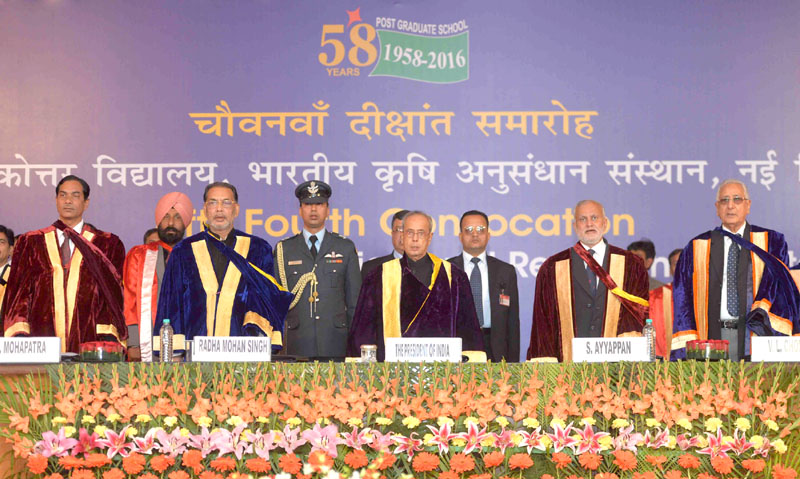
Previous PostPM Narender Modi to Inaugurate 12th South Asian Games Today
Next PostPM dedicates to the nation, Brahmaputra Cracker and Polymer Limited

